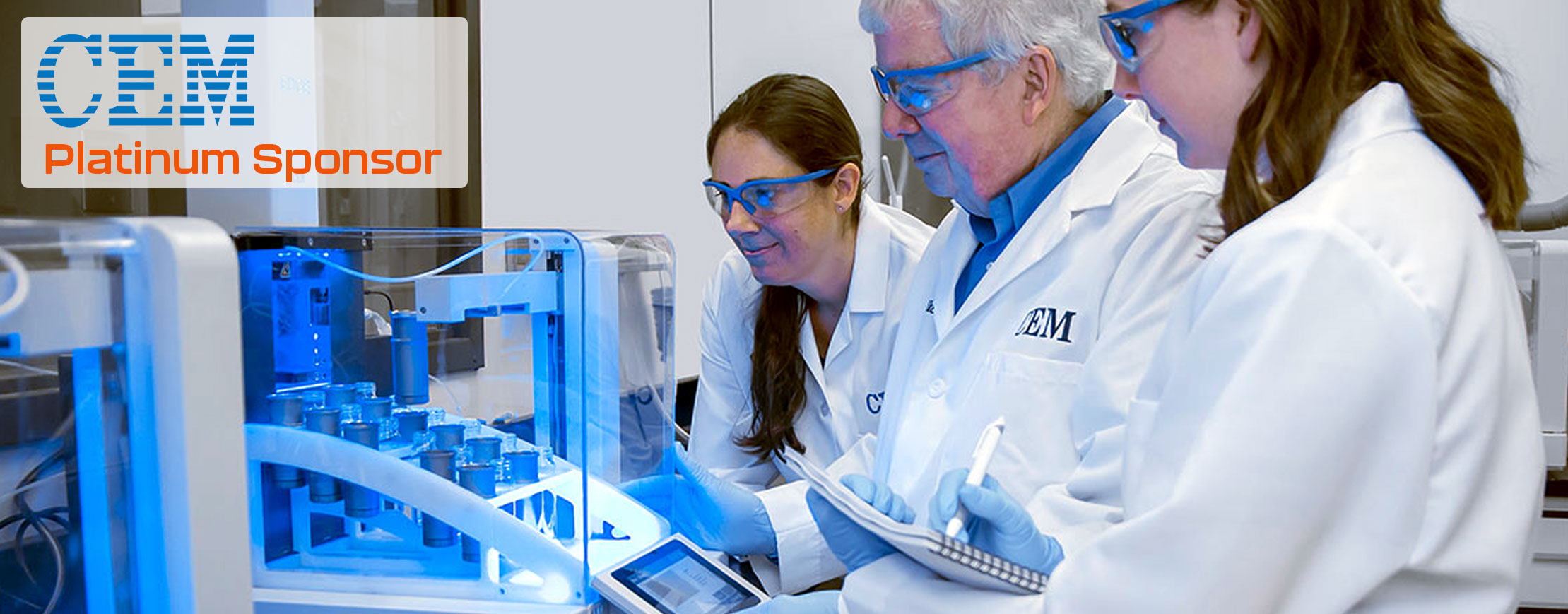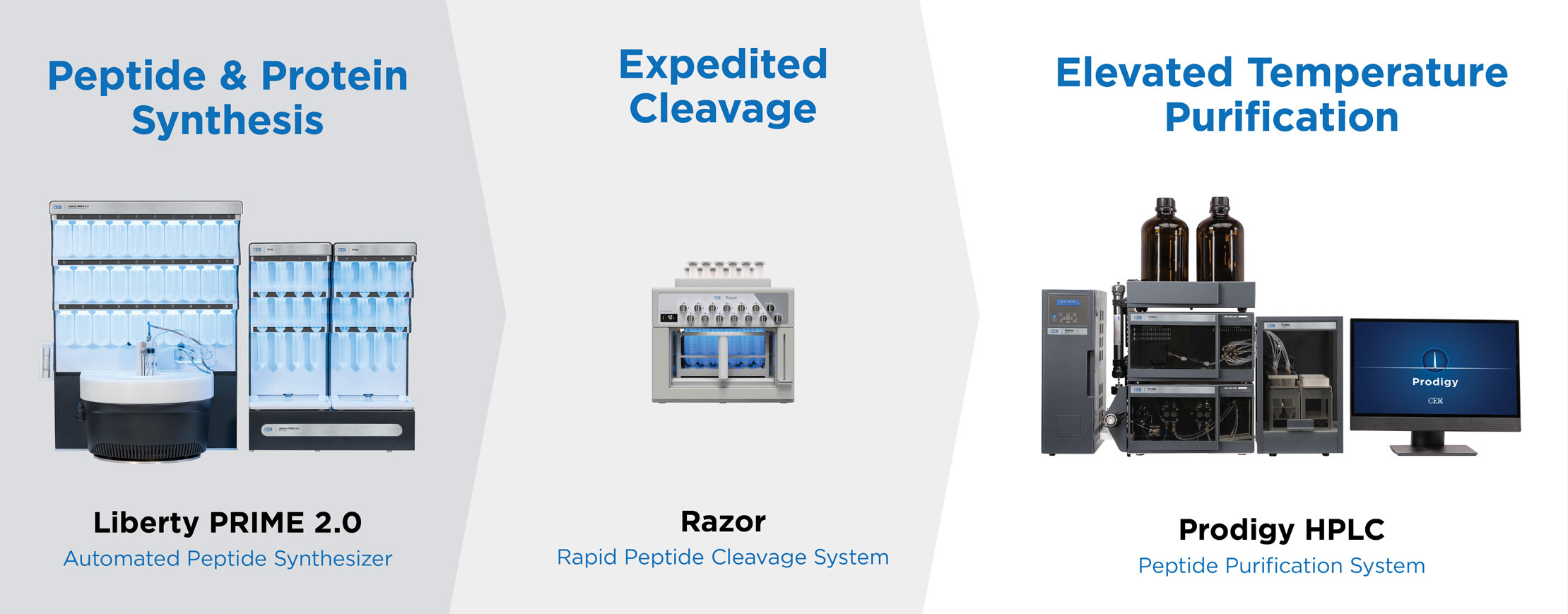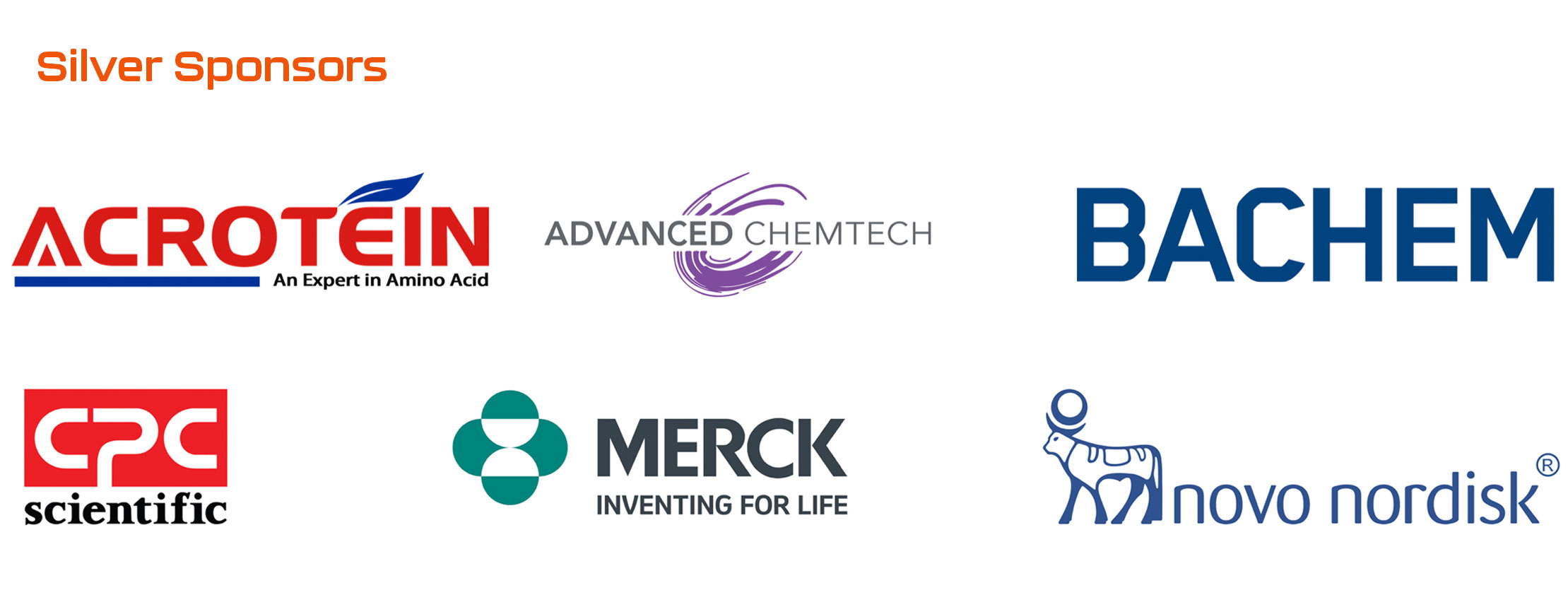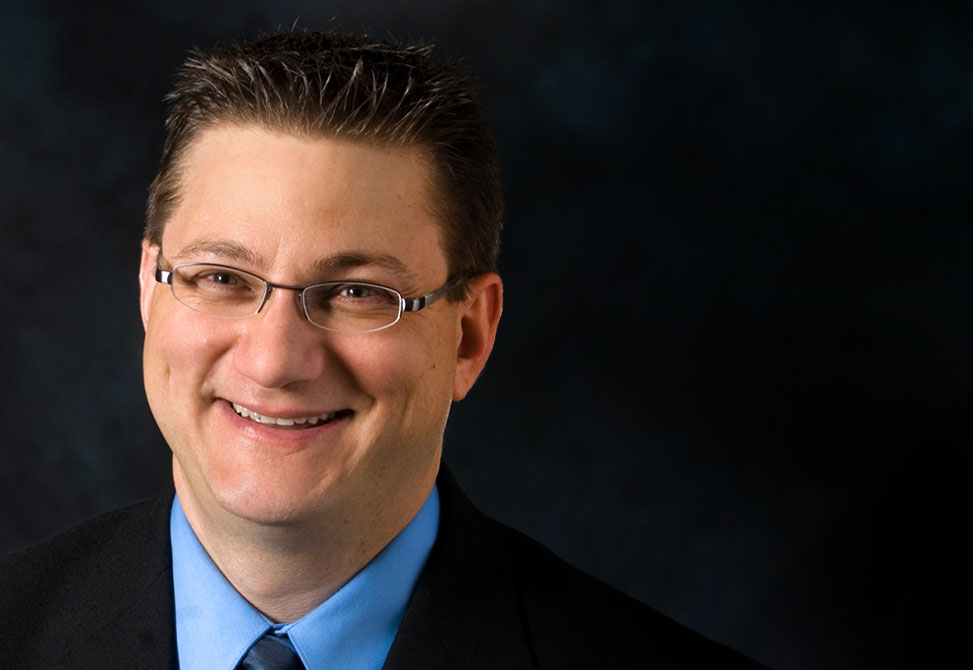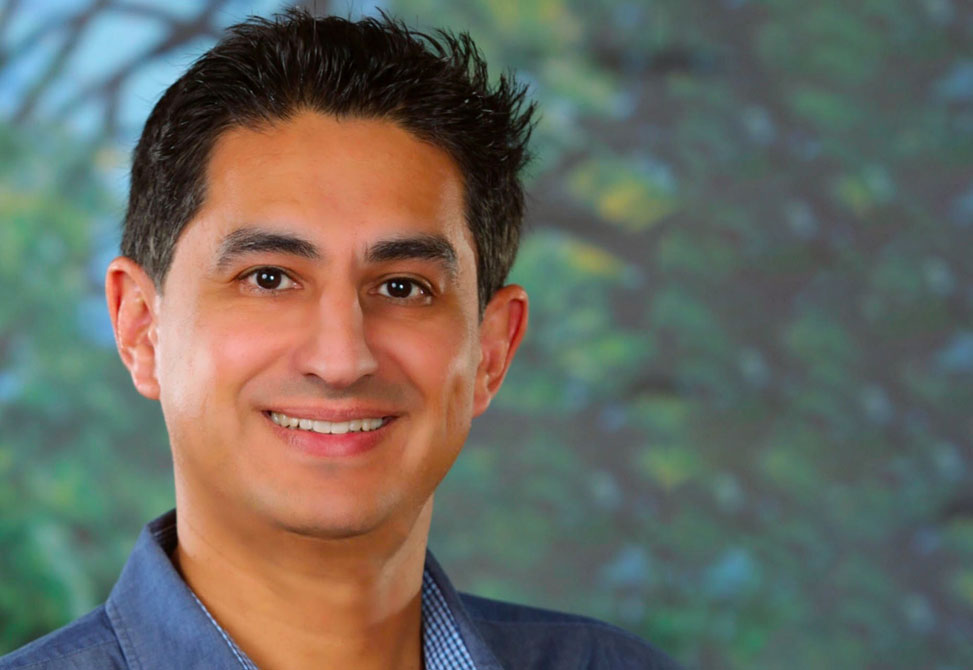27th American Peptide Symposium
Peptide Science at the Summit
The American Peptide Society wishes you very welcome you to the 27th American Peptide Symposium in spectacular Whistler. This year’s theme, “Peptide Science at the Summit,” will cover a broad range of topics connecting chemical, structural, materials, biological, pharmaceutical and medical science.
GizboCasino bonuses and promotions in Canada
Discover how GizboCasino tailors bonuses and promotions for Canadian players with a clear focus on value, transparency and variety. New players can usually unlock a tiered welcome package that mixes match deposit bonuses and free spins, while returning customers benefit from weekly reloads, cashback schemes and status-driven perks. Terms and wagering requirements are explained in plain language so GizboCasino Canadians can compare offers, and support channels are available to resolve bonus activation questions. Check eligibility, minimum deposits and game contribution rules before claiming any promotion to avoid surprises and make the most of every bonus. Responsible gambling tools accompany promotions so players can set limits and stay in control.
GizboCasino promotions for Canadian accounts often accept CAD deposits and support popular local payment methods such as Visa, Mastercard and Apple Pay, making it simple to claim reloads or free spin bundles. Loyalty mechanics reward activity with tiered cashback, exclusive weekly offers and birthday gifts tied to VIP status, and the loyalty points system tracks progress visibly in the player dashboard. Always read the wagering multipliers and game contribution tables before staking bonus funds, since many offers only count slot bets toward playthrough. For questions about eligibility or bonus cancellation rules contact live chat or email support for clear guidance.
- Check the minimum deposit, eligible games and expiry times before claiming any bonus.
- Monitor wagering contributions per game category to prioritize slots that count 100% toward playthrough.
- Use the mobile app to access exclusive daily promos, timers and push notifications for limited offers.
- Track loyalty points closely – every 10 € deposited earns one point and unlocks higher cashback tiers.
- Avoid risk-free strategies like hedging in Roulette or Instant Games to prevent bonus withholding or extra fees.
- Contact customer support immediately if bonus activation fails, terms appear unclear or you suspect bonus abuse flags.
| Offer | Min deposit | Wagering |
|---|---|---|
| Welcome Bonus | 20 € | 40x deposit+bonus |
| Weekly Reload | 40 € | 40x deposit+bonus |
| Live Cashback | None | No wagering for Legend |
By focusing exclusively on promotions, GizboCasino gives Canadian players a competitive set of offers – from a multi-stage welcome package to weekly reloads, cashback and VIP birthday gifts. Smart players compare wagering multipliers, game contributions and maximum win caps before opting in, and use responsible play tools to set deposit and loss limits when chasing bonuses. The platform’s multi-channel support makes it straightforward to resolve activation questions and verify eligibility. Stay informed about expiry windows and KYC thresholds to avoid delays when withdrawing bonus winnings and enjoy a safer, more rewarding casino experience.
Gratowin Bonuses and Promotions – UK Players’ Guide
Discovering the latest bonus landscape at Gratowin can transform a UK player’s online casino experience by offering competitive welcome offers, regular reloads and loyalty benefits designed for sustainable play. This detailed overview explains how to claim the multi-stage welcome package, understand wagering rules, identify free spin allocations and evaluate weekly cashback mechanics so you can maximize value while staying compliant with terms. New players should review minimum deposit levels, game contribution percentages and maximum win caps on Gratowin before accepting any promotion to avoid surprises during withdrawal. Responsible gambling tools also work hand in hand with promotions to support controlled enjoyment. Check bonus expiry periods and contact support for clarifications promptly today.
Gratowin promotions for UK players range from generous welcome bundles to ongoing weekly features such as Spinomania, Friday Fun, Double Deposit Wednesdays and The Big Draw raffle. Terms often include minimum deposit thresholds, maximum bonus caps and specific wagering multipliers that vary by offer – always check whether slots or table games contribute differently towards playthrough. Many rewards use bonus codes and time-limited windows for claiming or wagering, so mark your calendar and read the bonus-specific T&C. VIP members gain higher cashback percentages and elevated Friday Fun caps, making regular play more rewarding while combining loyalty points with promotional benefits.
- Always read specific bonus terms – check wagering, expiry and max win.
- Use correct bonus codes at deposit to activate reloads or spins.
- Prioritise slots and keno for 100% wagering contribution benefits.
- Track expiry dates to avoid losing no-deposit free spin rewards.
- Monitor maximum bet limits when wagering with active bonus funds.
- Combine VIP points with promotions to increase cashback and caps.
| Promotion | Min deposit | Wagering |
|---|---|---|
| Welcome Package | €10 per deposit | 35x bonus |
| Spinomania | €20 | 50x free spin winnings |
| Friday Fun | Varies by VIP | 1x bonus |
Stay vigilant as you navigate promotional offers on Gratowin – verify eligibility for UK players, confirm any country restrictions and ensure you meet KYC requirements before attempting withdrawals. Remember that withdrawing deposited funds while bonuses are active may forfeit bonus balances and that high wagering multipliers can extend playthrough time considerably. If terms are unclear, contact live chat or email support for clarification and request screenshots of any disputed adjustments. Use deposit limits and time-out tools to manage spending, and link VIP loyalty progression with regular promos to sustain long-term enjoyment and value from your play today.
Gratowin Bonuses and Promotions for Canadian Players
Gratowin offers a broad range of bonuses and promotions designed to appeal to Canadian players who want flexible rewards and clear terms. The welcome package, daily free spins and weekly cashback are structured to provide both short term excitement and long term loyalty benefits. Players will find tiered deposit matches, no deposit free spins and recurring reloads with varying wagering requirements that are spelled out in the bonus terms. https://GratowinCasino.co.com/ Understanding game contribution rates, maximum bet limits and expiry windows is essential to converting bonus value into withdrawable cash while avoiding surprises during verification and withdrawal processes. Look for seasonal codes and daily deals to maximize value. Read full bonus terms carefully and contact support if anything is unclear immediately.
Canadian players should pay close attention to the wagering multipliers and game weighting when selecting a promotion on Gratowin. Welcome tiered deposit bonuses often come with a 35x bonus playthrough while many recurring promotions default to x50 unless otherwise noted. No deposit free spins usually cap withdrawable winnings at USD 200 and must be used quickly, often within 24 hours. Spinomania daily free spins use a 50x wagering rule on winnings and impose a $2 maximum bet limit during playthrough. Weekly cashback and Friday reload offers commonly carry low playthroughs such as 1x, making them efficient for converting losses into extra playtime. Always verify regional availability and any excluded jackpot games before betting.
- Check wagering and game contributions, focus on slots and scratch cards for faster clearing
- Confirm minimum deposit, required promo code and eligible games before claiming
- Mind the max bet limit while meeting wagering to avoid voided bonus funds
- Use high contribution slots to clear bonuses
- Track expiry and KYC deadlines
- Consider cashback for steady play and VIP point accumulation
| Promotion | Wagering | Min deposit | Expiry |
|---|---|---|---|
| Welcome Package | 35x bonus | $10 | 30 days |
| 50 Free Spins | 35x winnings | $0 | 24 hours |
| Spinomania | 50x winnings | $20 | 3 days |
To make the most of Gratowin promotions in Canada, plan deposits around high value offers and confirm all eligibility details before committing funds. Use high contribution slots for rapid wagering clearance, and keep bets within the stated max amounts while bonuses are active. If you aim to withdraw winnings, complete KYC steps promptly and monitor bonus expiry timers to avoid forfeiture. Contact customer support via live chat or email when terms are unclear, and always use responsible gambling tools to manage budget and session length for a safe, sustainable playing experience.
Recent Presentations
L82 | Craik
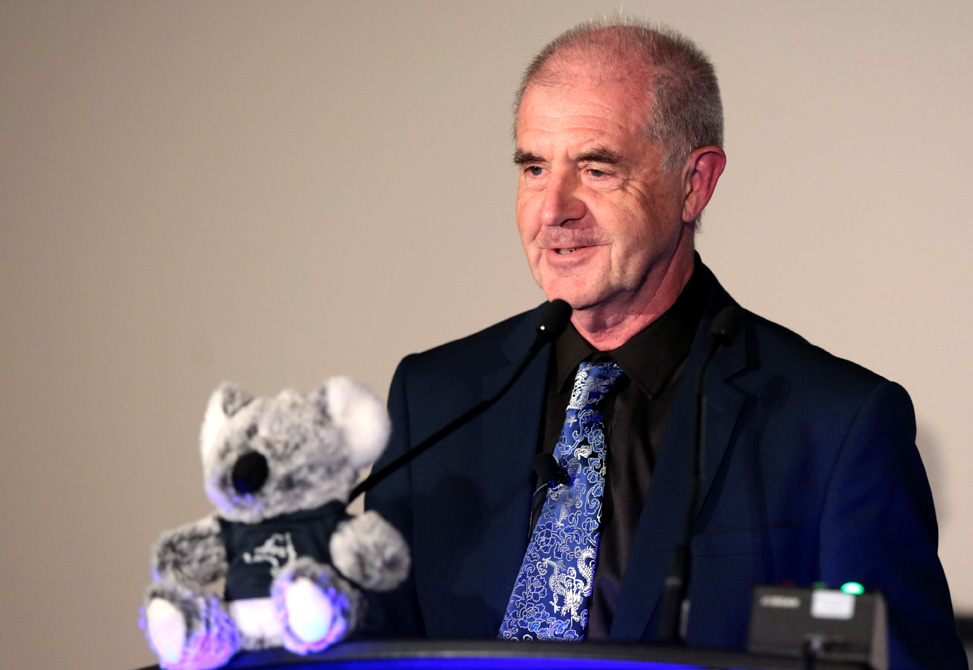
A single plant may contain dozens to hundreds of cyclotides expressed in a wide range of tissues, including leaf, flower, stem and roots. Their stability and compact structure makes cyclotides an attractive protein framework onto which bioactive…
Read More…L81 | Boville
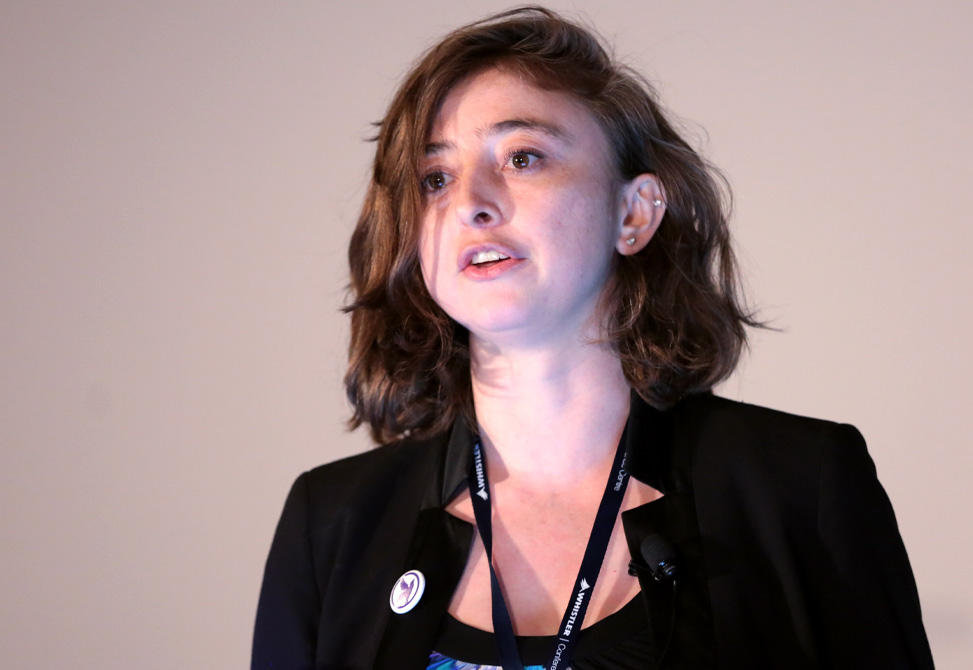
At Aralez Bio, we have developed an enzymatic platform to synthesize noncanonical amino acids quickly, sustainably, and at low cost. We use directed evolution to evolve enzymes that can do this synthesis in a single step with…
Read More…L80 | Suga
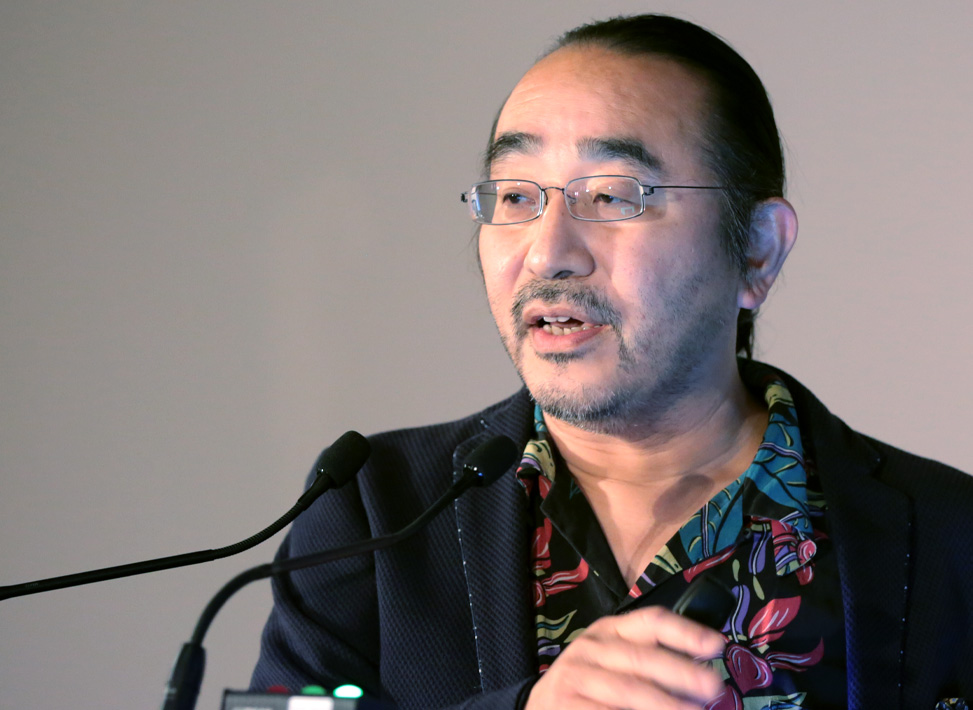
Macrocyclic peptides possess a number of pharmacological characteristics distinct from other well-established therapeutic molecular classes, resulting in a versatile drug modality with a unique profile of advantages. Macrocyclic peptides…
Read More…L79 | Chou
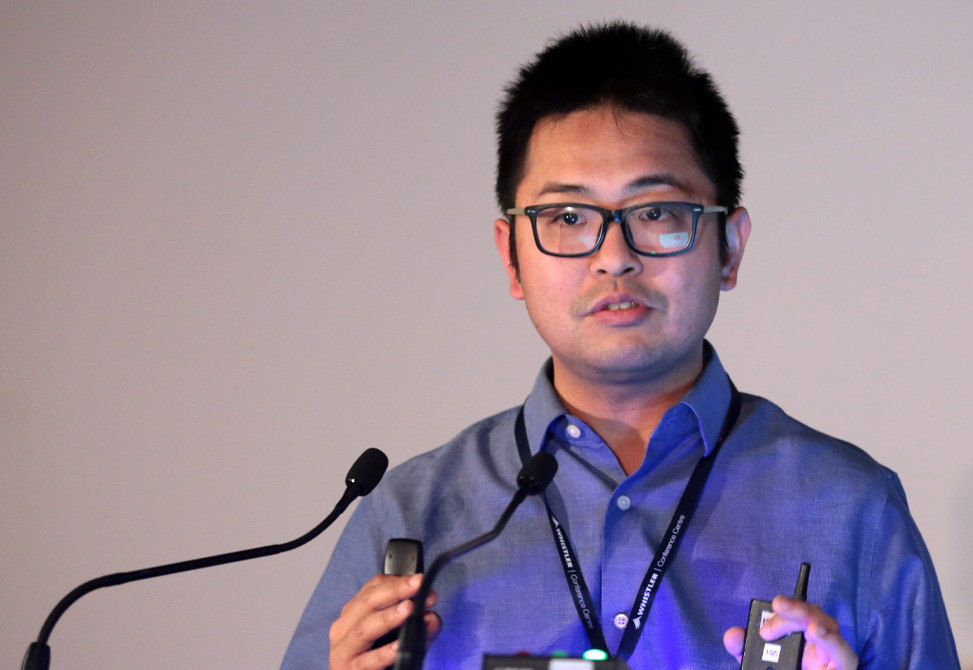
We reveal how an extended A chain can compensate for deletion of B-chain residues, which are essential for activity of human insulin but also compromise therapeutic utility by delaying dissolution from the site of subcutaneous injection…
Read More…L78 | Mapp
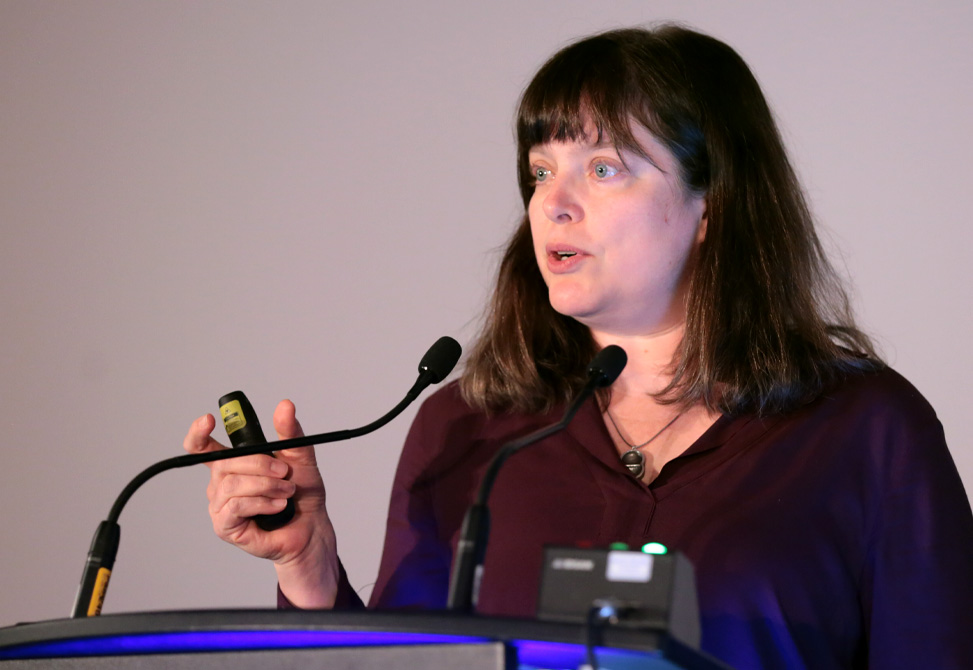
We recently identified a novel lipopeptide natural product, NP 34913, that selectively targets Med25 as well as a synthetically more tractable analog with nearly identical selectivity and potency, 34913-2. Lipopeptide 34913-2…
Read More…L77 | Holford
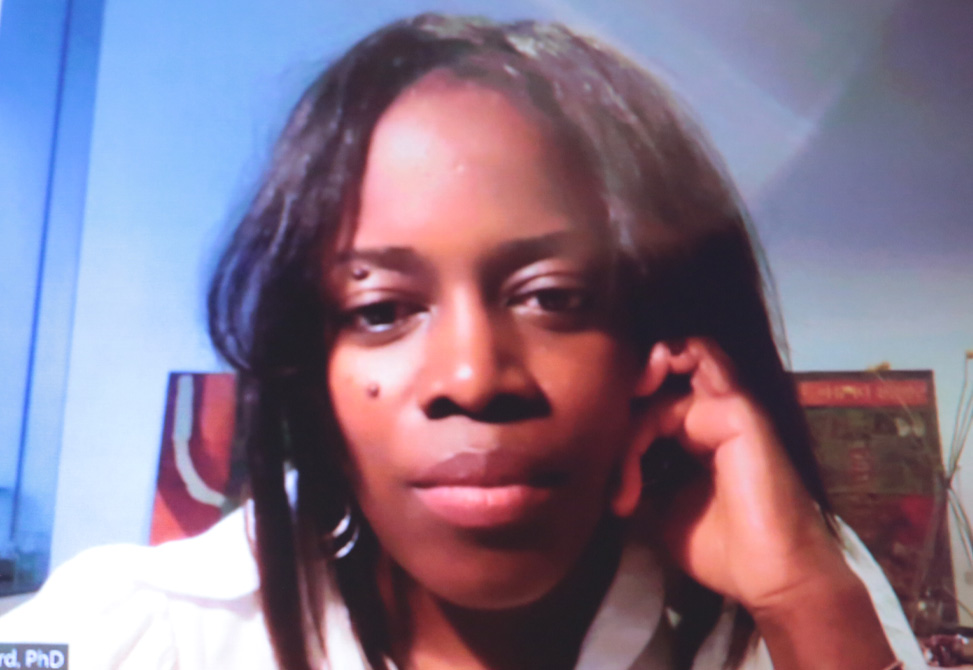
This talk will demonstrate the scientific path from mollusks to medicine examining how venom evolved over time in the terebrid snails, Terebridae, and how we can use this evolutionary knowledge as a roadmap for discovering…
Read More…L76 - AW | Schepartz
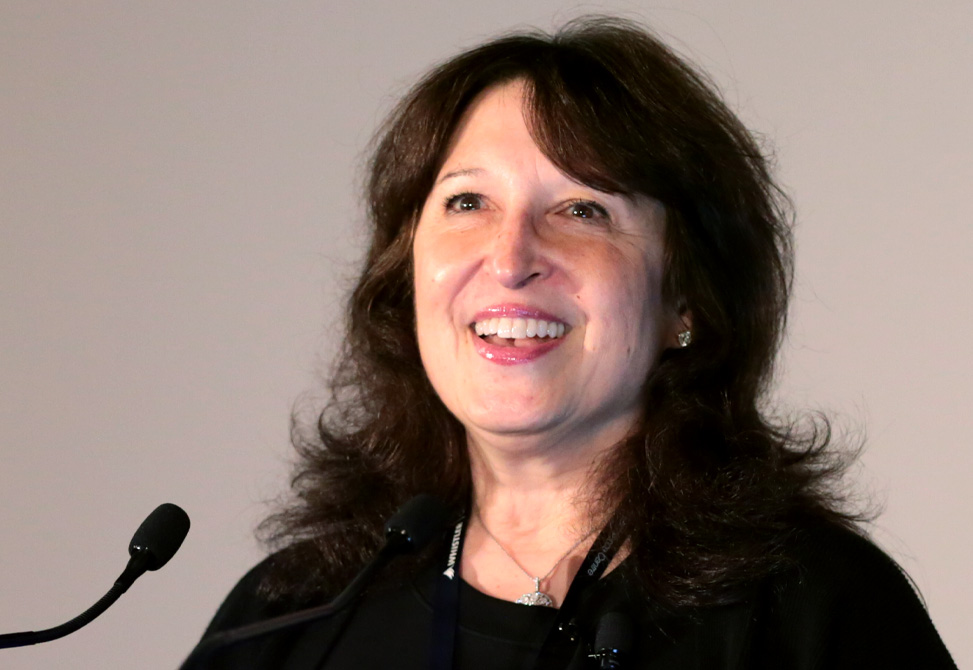
I will describe the discovery of a miniature protein that guides proteins and enzymes into the cell interior by promoting endosomal escape, a single-molecule tool that quantifies this trafficking event in live cells with accuracy...
Read More…L75 | Sexton
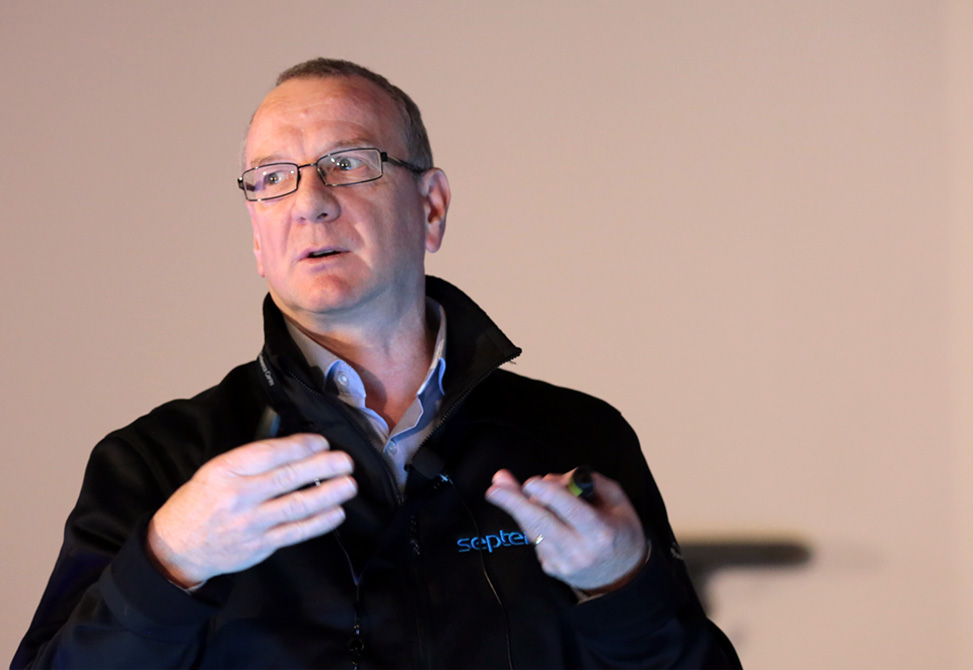
G protein-coupled receptors, GPCRs, are the largest superfamily of cell surface receptor proteins and a major target class for drug development. GPCRs are inherently flexible proteins that have evolved to allosterically…
Read More…GizboCasino bonuses and promotions in Canada
Discover how GizboCasino tailors bonuses and promotions for Canadian players with a clear focus on value, transparency and variety. New players can usually unlock a tiered welcome package that mixes match deposit bonuses and free spins, while returning customers benefit from weekly reloads, cashback schemes and status-driven perks. Terms and wagering requirements are explained in plain language so GizboCasino Canadians can compare offers, and support channels are available to resolve bonus activation questions. Check eligibility, minimum deposits and game contribution rules before claiming any promotion to avoid surprises and make the most of every bonus. Responsible gambling tools accompany promotions so players can set limits and stay in control.
GizboCasino promotions for Canadian accounts often accept CAD deposits and support popular local payment methods such as Visa, Mastercard and Apple Pay, making it simple to claim reloads or free spin bundles. Loyalty mechanics reward activity with tiered cashback, exclusive weekly offers and birthday gifts tied to VIP status, and the loyalty points system tracks progress visibly in the player dashboard. Always read the wagering multipliers and game contribution tables before staking bonus funds, since many offers only count slot bets toward playthrough. For questions about eligibility or bonus cancellation rules contact live chat or email support for clear guidance.
- Check the minimum deposit, eligible games and expiry times before claiming any bonus.
- Monitor wagering contributions per game category to prioritize slots that count 100% toward playthrough.
- Use the mobile app to access exclusive daily promos, timers and push notifications for limited offers.
- Track loyalty points closely – every 10 € deposited earns one point and unlocks higher cashback tiers.
- Avoid risk-free strategies like hedging in Roulette or Instant Games to prevent bonus withholding or extra fees.
- Contact customer support immediately if bonus activation fails, terms appear unclear or you suspect bonus abuse flags.
| Offer | Min deposit | Wagering |
|---|---|---|
| Welcome Bonus | 20 € | 40x deposit+bonus |
| Weekly Reload | 40 € | 40x deposit+bonus |
| Live Cashback | None | No wagering for Legend |
By focusing exclusively on promotions, GizboCasino gives Canadian players a competitive set of offers – from a multi-stage welcome package to weekly reloads, cashback and VIP birthday gifts. Smart players compare wagering multipliers, game contributions and maximum win caps before opting in, and use responsible play tools to set deposit and loss limits when chasing bonuses. The platform’s multi-channel support makes it straightforward to resolve activation questions and verify eligibility. Stay informed about expiry windows and KYC thresholds to avoid delays when withdrawing bonus winnings and enjoy a safer, more rewarding casino experience.
Gratowin Bonuses and Promotions – UK Players’ Guide
Discovering the latest bonus landscape at Gratowin can transform a UK player’s online casino experience by offering competitive welcome offers, regular reloads and loyalty benefits designed for sustainable play. This detailed overview explains how to claim the multi-stage welcome package, understand wagering rules, identify free spin allocations and evaluate weekly cashback mechanics so you can maximize value while staying compliant with terms. New players should review minimum deposit levels, game contribution percentages and maximum win caps on Gratowin before accepting any promotion to avoid surprises during withdrawal. Responsible gambling tools also work hand in hand with promotions to support controlled enjoyment. Check bonus expiry periods and contact support for clarifications promptly today.
Gratowin promotions for UK players range from generous welcome bundles to ongoing weekly features such as Spinomania, Friday Fun, Double Deposit Wednesdays and The Big Draw raffle. Terms often include minimum deposit thresholds, maximum bonus caps and specific wagering multipliers that vary by offer – always check whether slots or table games contribute differently towards playthrough. Many rewards use bonus codes and time-limited windows for claiming or wagering, so mark your calendar and read the bonus-specific T&C. VIP members gain higher cashback percentages and elevated Friday Fun caps, making regular play more rewarding while combining loyalty points with promotional benefits.
- Always read specific bonus terms – check wagering, expiry and max win.
- Use correct bonus codes at deposit to activate reloads or spins.
- Prioritise slots and keno for 100% wagering contribution benefits.
- Track expiry dates to avoid losing no-deposit free spin rewards.
- Monitor maximum bet limits when wagering with active bonus funds.
- Combine VIP points with promotions to increase cashback and caps.
| Promotion | Min deposit | Wagering |
|---|---|---|
| Welcome Package | €10 per deposit | 35x bonus |
| Spinomania | €20 | 50x free spin winnings |
| Friday Fun | Varies by VIP | 1x bonus |
Stay vigilant as you navigate promotional offers on Gratowin – verify eligibility for UK players, confirm any country restrictions and ensure you meet KYC requirements before attempting withdrawals. Remember that withdrawing deposited funds while bonuses are active may forfeit bonus balances and that high wagering multipliers can extend playthrough time considerably. If terms are unclear, contact live chat or email support for clarification and request screenshots of any disputed adjustments. Use deposit limits and time-out tools to manage spending, and link VIP loyalty progression with regular promos to sustain long-term enjoyment and value from your play today.
Gratowin Bonuses and Promotions for Canadian Players
Gratowin offers a broad range of bonuses and promotions designed to appeal to Canadian players who want flexible rewards and clear terms. The welcome package, daily free spins and weekly cashback are structured to provide both short term excitement and long term loyalty benefits. Players will find tiered deposit matches, no deposit free spins and recurring reloads with varying wagering requirements that are spelled out in the bonus terms. https://GratowinCasino.co.com/ Understanding game contribution rates, maximum bet limits and expiry windows is essential to converting bonus value into withdrawable cash while avoiding surprises during verification and withdrawal processes. Look for seasonal codes and daily deals to maximize value. Read full bonus terms carefully and contact support if anything is unclear immediately.
Canadian players should pay close attention to the wagering multipliers and game weighting when selecting a promotion on Gratowin. Welcome tiered deposit bonuses often come with a 35x bonus playthrough while many recurring promotions default to x50 unless otherwise noted. No deposit free spins usually cap withdrawable winnings at USD 200 and must be used quickly, often within 24 hours. Spinomania daily free spins use a 50x wagering rule on winnings and impose a $2 maximum bet limit during playthrough. Weekly cashback and Friday reload offers commonly carry low playthroughs such as 1x, making them efficient for converting losses into extra playtime. Always verify regional availability and any excluded jackpot games before betting.
- Check wagering and game contributions, focus on slots and scratch cards for faster clearing
- Confirm minimum deposit, required promo code and eligible games before claiming
- Mind the max bet limit while meeting wagering to avoid voided bonus funds
- Use high contribution slots to clear bonuses
- Track expiry and KYC deadlines
- Consider cashback for steady play and VIP point accumulation
| Promotion | Wagering | Min deposit | Expiry |
|---|---|---|---|
| Welcome Package | 35x bonus | $10 | 30 days |
| 50 Free Spins | 35x winnings | $0 | 24 hours |
| Spinomania | 50x winnings | $20 | 3 days |
To make the most of Gratowin promotions in Canada, plan deposits around high value offers and confirm all eligibility details before committing funds. Use high contribution slots for rapid wagering clearance, and keep bets within the stated max amounts while bonuses are active. If you aim to withdraw winnings, complete KYC steps promptly and monitor bonus expiry timers to avoid forfeiture. Contact customer support via live chat or email when terms are unclear, and always use responsible gambling tools to manage budget and session length for a safe, sustainable playing experience.
Awards
du Vigneaud Award
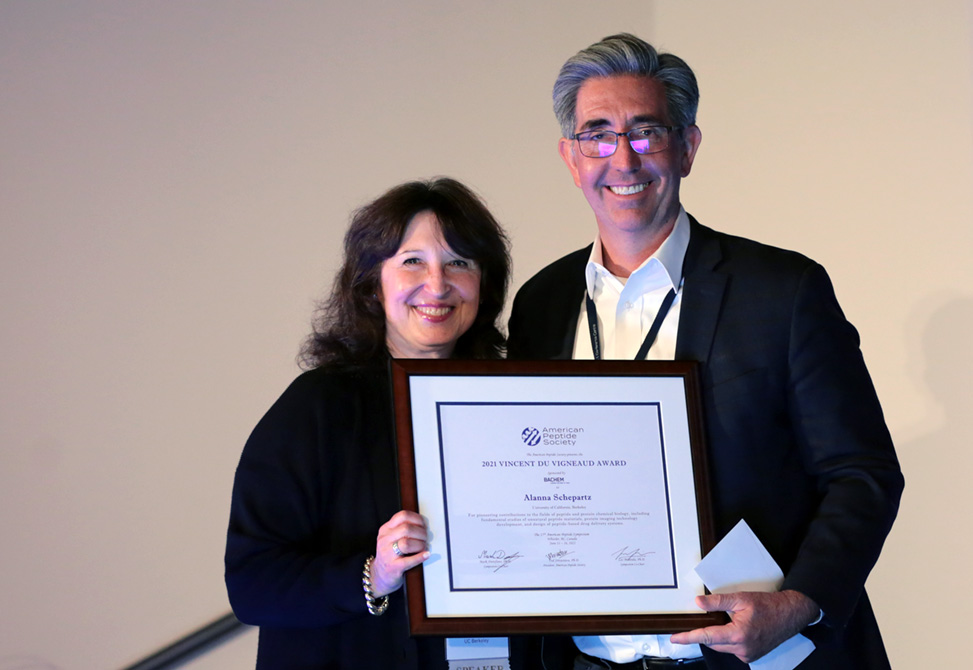
Brian Gregg, Senior Vice President, Strategic Initiatives, BACHEM, presents the du Vigneaud award to Professor Alanna Schepartz from UCLA, Berkeley.
Merrifield Award
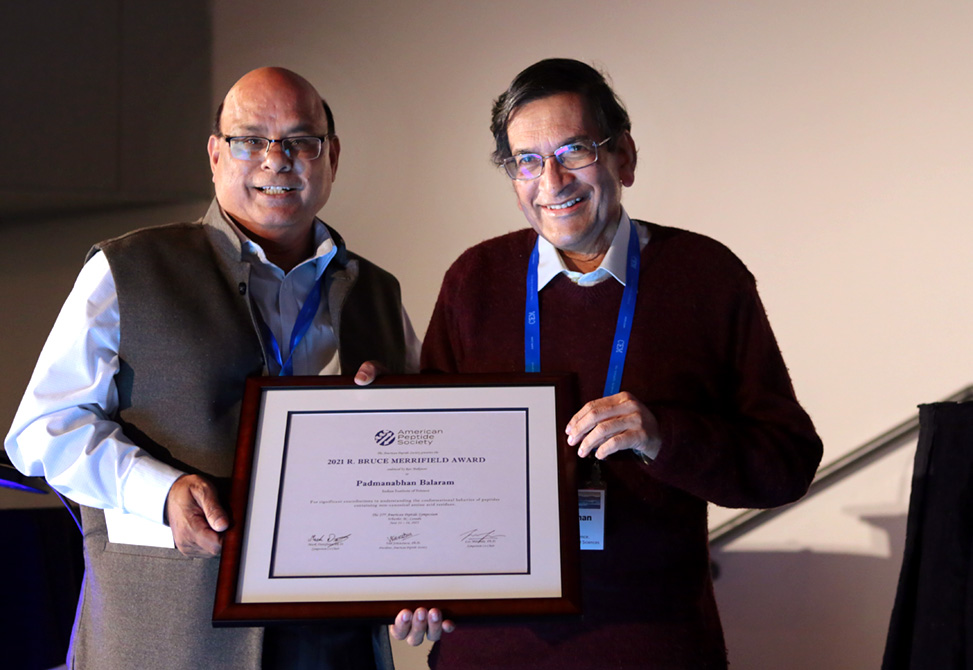
Dr. Ved Srivastava, President of the American Peptide Society, presents the Merrifield Award to Professor Padmanabhan Balaram with the Indian Institute of Science.
Young Investigator
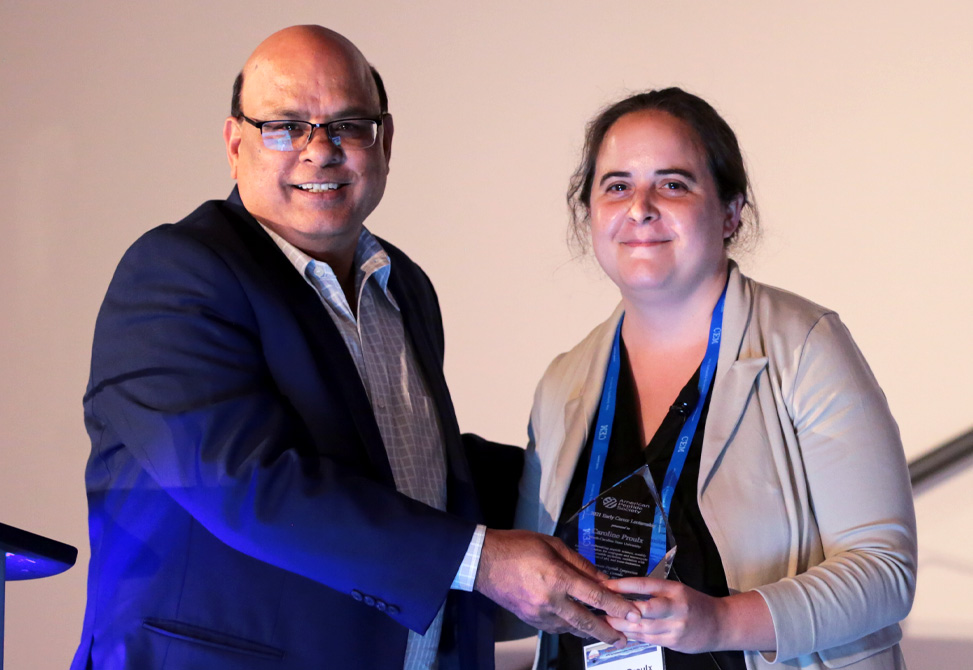
Professor Caroline Proulx from North Carolina State University, receives her "Young Investigator" award from Dr. Ved Srivastava, President of the APS.
Young Investigator
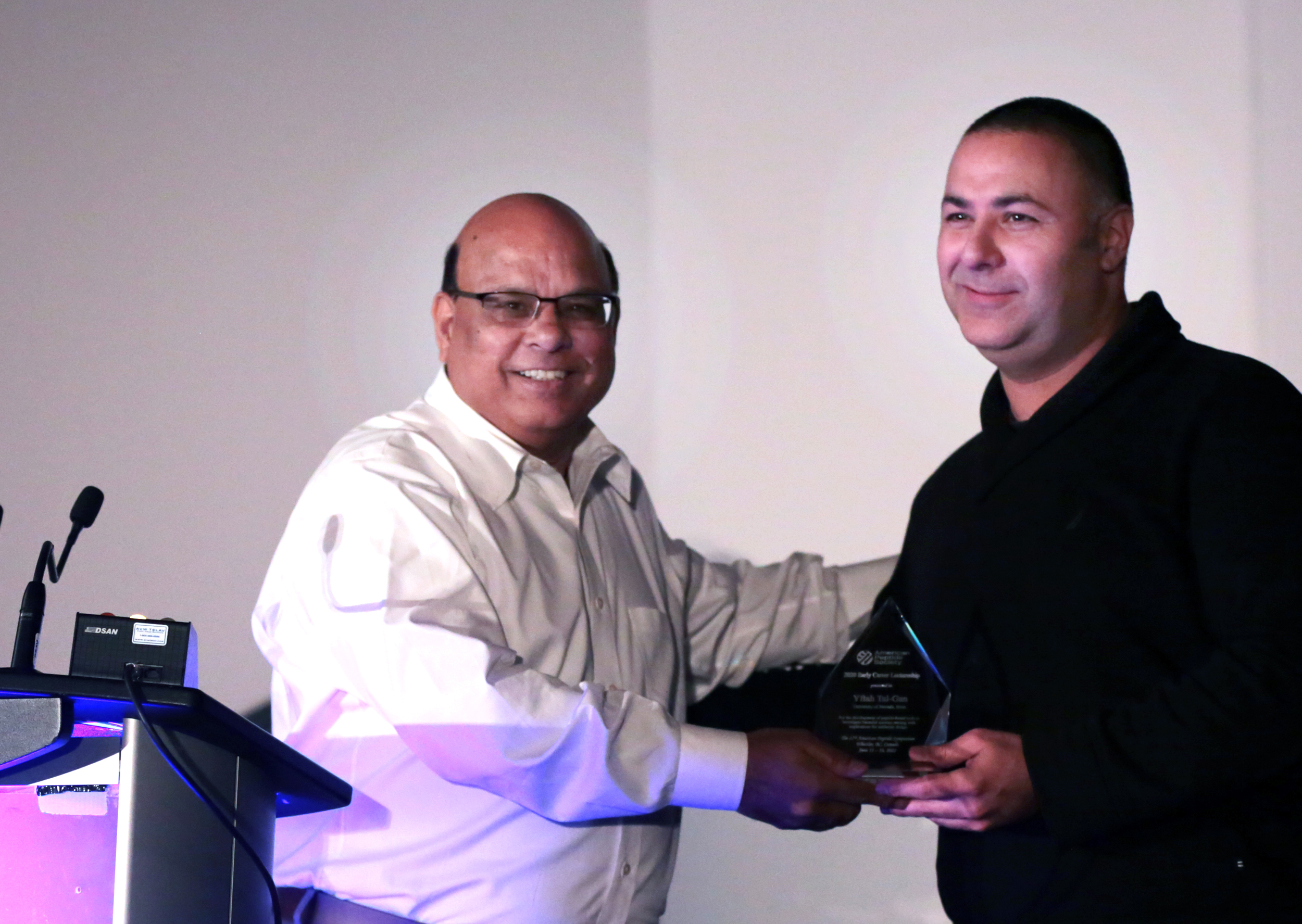
Professor Yftah Tal-Gan from the University of Reno, receives his "Young Investigator's Award" from Dr. Ved Srivastava, outgoing President of the APS.
Goodman Award
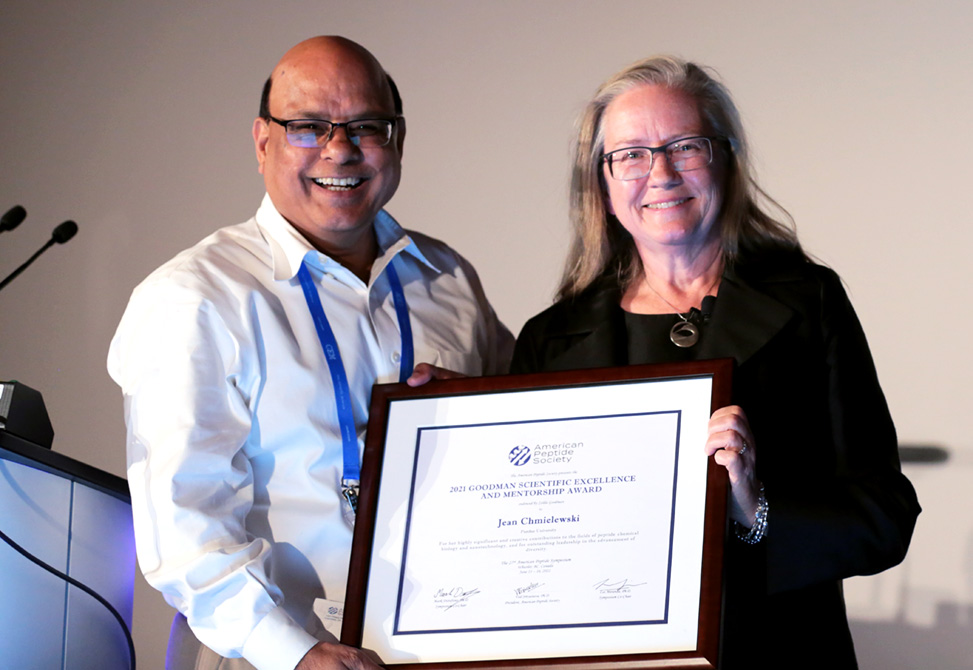
APS President, Dr. Ved Srivastava, presents the Goodman Award to Professor Jean Chmielewski.
Makineni Award
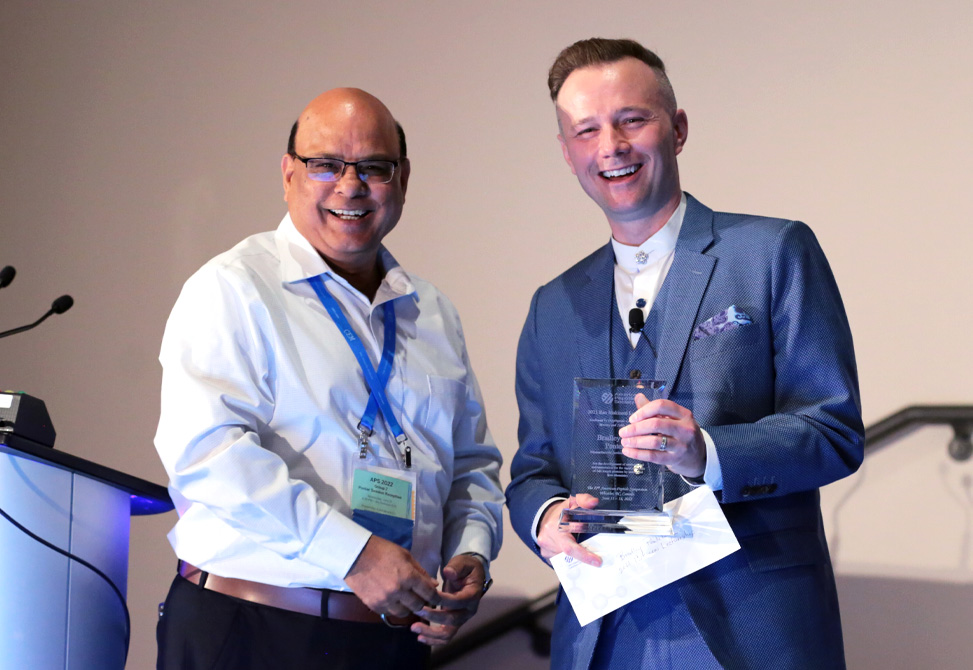
Dr. Ved Srivastava presents the Makineni Lecture award to Professor Bradley Pentelute from the Massachusetts Institute of Technology.
du Vigneaud Award
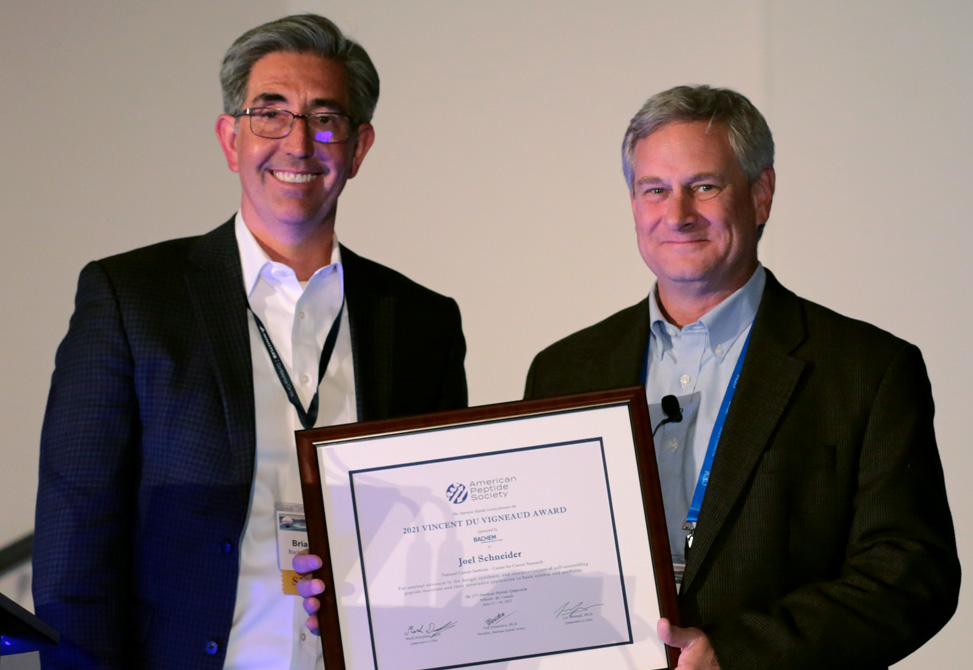
Brian Gregg, Senior Vice President, Strategic Initiatives, BACHEM, presents the du Vigneaud award to Dr. Joel Schneider with the National Cancer Institute, also incoming President of the American Peptide Society.
Symposium Sponsors
Symposium Co-Chairs
Mark D. Distefano
Mark Distefano was born in Baton Rouge, LA, and grew up in California and Paris, France. He received his B.A. degree in Chemistry and Biochemistry from the University of California at Berkeley in 1985 and his Ph.D. degree from Massachusetts Institute of Technology in 1989, where he worked with Professor Christopher T. Walsh. He was a postdoctoral fellow in the laboratory of Peter B. Dervan at California Institute of Technology. He is currently Distinguished McKnight Professor of Chemistry and Medicinal Chemistry at the University of Minnesota.
Les Miranda
Les Miranda is Executive Director at Amgen, Inc. Prior to joining Amgen, Les gained his Ph.D. in peptide and protein chemistry from the University of Queensland, Australia. Les held a research position at the Carlsberg Laboratory in Copenhagen, Denmark, and then served as an Associate Director at Gryphon Therapeutics in South San Francisco, USA, where he pioneered work in polymer conjugated non-ribosomal proteins for clinical development. At Amgen, he has held various positions of increasing responsibility since 2004. This includes leadership of Hybrid Modality Engineering, Structural Biology, & Molecular Modeling.



